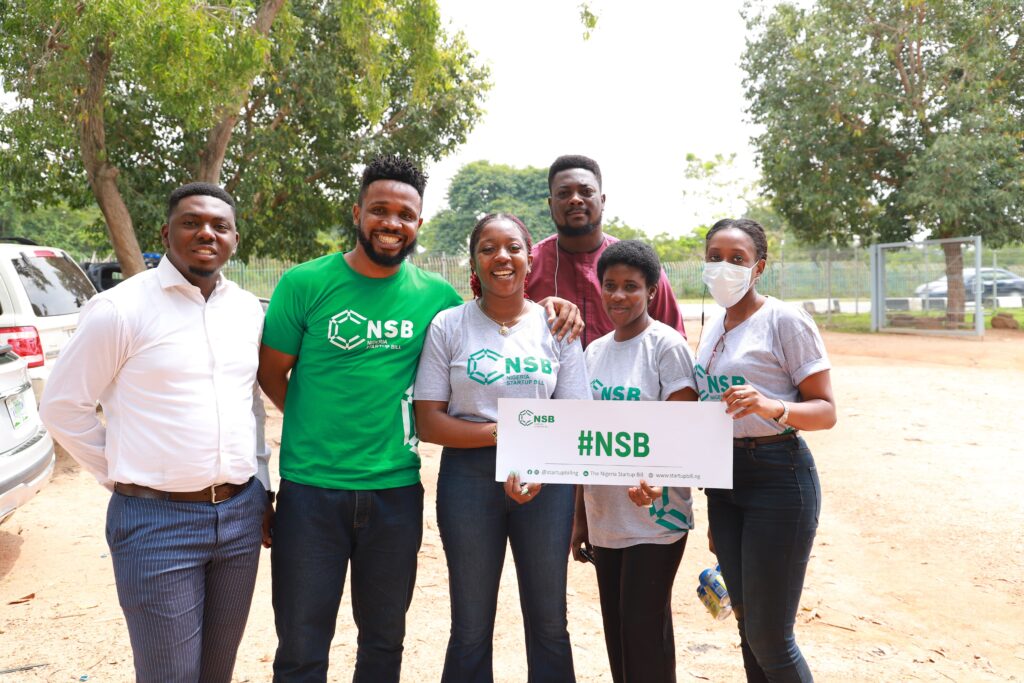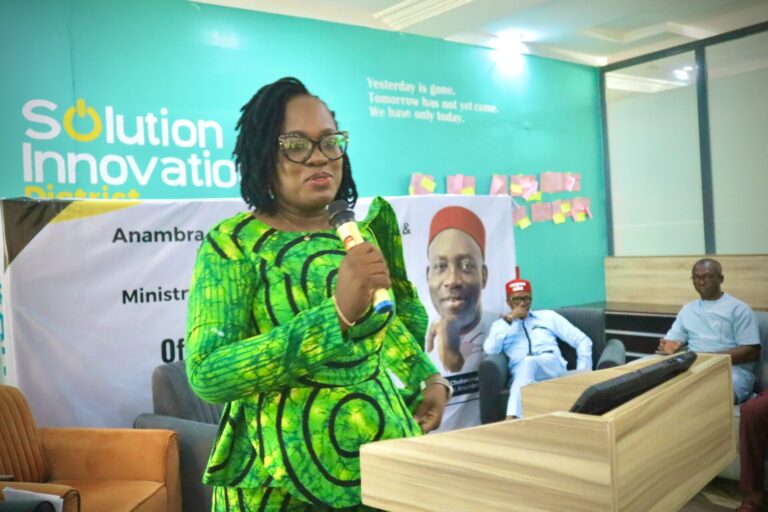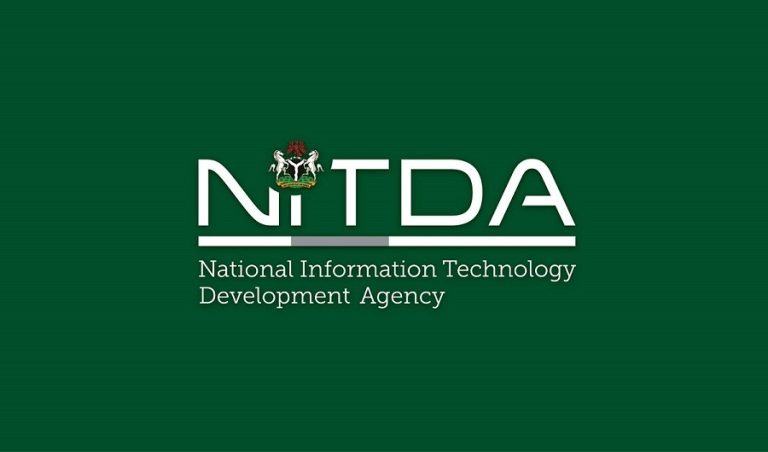Nigeria Startup Bill Will Unleash Digital Potential

Nigeria has taken another step toward enacting its landmark Nigeria Startup Bill (NSB), which will further deepen the country’s technology ecosystem and enable a sector on the verge of exponential growth.
President Muhammadu Buhari has worked with the Presidency and leaders in the Nigerian technology industry on the bill, which has now been approved by the Federal Executive Council and is being sent to the National Assembly.
On Wednesday, December 15, 2021, the Federal Executive Council approved the bill. As Nigeria continues to attract hundreds of millions of dollars in international investment, the Bill will ensure regulatory support.
The NSB will create an enabling environment for Nigerian startups to thrive, and the legislation will address issues such as disruptive regulation, inadequate infrastructure, and difficulty accessing capital, particularly for non-fintech businesses. The Bill was developed using a Big Tent Approach, which involved close collaboration between the Presidency, the Federal Ministry of Communications and Digital Economy, the Nigerian Export and Promotion Council, and other government bodies, as well as nearly 300 volunteers and private sector players, including venture capital investors Future Africa and Ventures Platform, legal firms TLP Advisory and Aelex, policy advisors Advocacy for Policy And Innovation (API), and Innovation.
The bill is also supported by Google Nigeria and the UK government, via the West Africa Research and Innovation Hub and the UK-Nigeria Tech Hub.
Adaeze Sokan, Country Director at the UK-Nigeria Tech Hub, praised the Big Tent Approach, saying, “the inclusive and collaborative process is laudable and can serve as a framework for policy formulation in the country.”
The NSB’s goal is to provide a platform for startups to engage with regulators on a regular basis. Its main goals are regulatory certainty, local content, and creating an enabling business environment. More assistance will be provided to local angel investors, funds, and incubators, as well as national co-investment schemes and incentives for investing in early stage startups. Furthermore, policies aimed at reducing currency constraints will have far-reaching consequences for startups’ ability to raise and expand internationally. The Bill will result in tech parks, subsidized local data facilities, improved broadband connectivity, and open-source data.
Despite having the most startups on the continent, estimated at 750, Nigeria ranks lower in terms of business friendliness than countries such as South Africa, Kenya, and Tunisia. While Kenya and Tunisia have already passed Startup Bills, and South Africa is in the process of doing so, the benefits of increasing business friendliness will be significant. A more robust macro environment will enable Nigerian startups to further their missions, power the economy, create more good jobs, and propel the country’s development in a globally competitive context, with an already flourishing, world-renowned tech ecosystem in place.
Despite the country’s infrastructure and regulation failing to keep up with the pace of disruption in the tech sector, Nigeria has produced two indigenous unicorns [companies valued at more than $1 billion] in just two decades. Nigeria has also been a key market for five of the continent’s unicorns (Interswitch, Andela, Jumia, OPay, and Flutterwave) and is the African tech giant in terms of its ability to attract investment. Between 2016 and 2020, Nigerian startups raised the most venture capital on the continent, raising $1.58 billion and accounting for 27% of total deal volume, closely followed by Kenya. The NSB is expected to accelerate this progress, resulting in many more Nigerian unicorns in the coming years.
“The NSB is one of a number of key activities being used by the Presidency to drive the creation of a more sustainable ecosystem for young people in Nigeria to thrive and scale,” said Oswald Osaretin Guobadia, Senior Special Assistant to the President on Digital Transformation and the NSB Lead.
Securing jobs for Nigeria’s young people is a major challenge for the government, and the NSB is directly aimed at fostering new talent in the growing technology and start-up sectors. The NSB will lower barriers to entrepreneurship and innovation by establishing regulations for startup registration, tax breaks, talent development, university-industry collaboration, and increased public tech procurement.
“The bill is being proposed to provide an enabling environment for the growth of startups and guard against different challenges faced by startups such as seemingly disruptive regulations, lack of regulatory certainty, and weak infrastructure like broadband, open data, and digital platforms that limit the optimization of the many benefits of the digital economy,” said Kola Aina, Founder and General Partner of Ventures Platform Fund.
The Bill acts as a bridge between the tech community and regulators, allowing founders to build with greater confidence while providing regulators with the tools they need to ensure that consumers are adequately protected. This, in turn, will benefit the Nigerian economy as a whole and appease stakeholders who have been involved in animosity in recent times.






